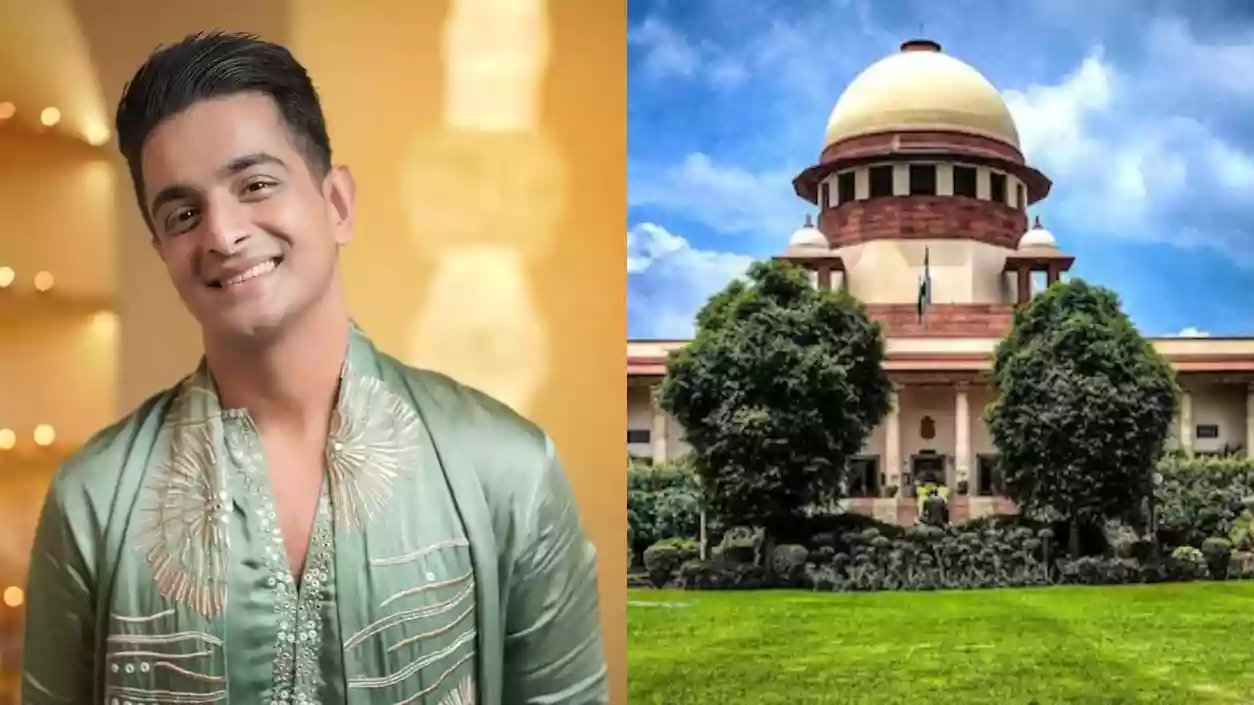.gif)
.gif)

The Supreme Court on Monday permitted YouTuber Ranveer Allahbadia to resume airing his podcast, The Ranveer Show, after he submitted an undertaking to maintain moral and ethical standards in his content. The court had earlier restrained him from releasing new content following widespread outrage over his remarks on the roast show India’s Got Latent.
Allahbadia’s controversial remark, made during an appearance on the show hosted by comedian Samay Raina, triggered backlash after a video clip went viral. He had asked a contestant, "Would you rather watch your parents have sex every day for the rest of your life or join in once and stop it forever?" The remark was met with strong criticism from social media users and multiple police complaints were filed against him, Raina, and others associated with the show.
Following the controversy, Allahbadia issued a public apology, stating, "My comment wasn't just inappropriate, it was not even funny. Comedy is not my forte, I am just here to say sorry." He further added that he would not justify or provide context for his statement and admitted to a lapse in judgment. His legal counsel, Abhinav Chandrachud, urged the Supreme Court to lift the ban on his show, arguing that the podcast employs around 280 people and is his primary source of livelihood.
Solicitor General Tushar Mehta, representing the Centre, stated in court that the remark was “not just vulgar, but perverse.” He added, "Humour is one thing, vulgarity is one thing, and perversity is another level. Leave alone man and woman… me and AG cannot see it together. The judges cannot see it together. Let him stay quiet for some time." The Supreme Court observed that while freedom of expression is a fundamental right, it is subject to reasonable restrictions and must align with societal moral standards.
The bench, comprising Justices Surya Kant and N Kotiswar Singh, emphasized the need for balanced regulations for digital content. Justice Kant remarked, "We don’t want any regulatory regime which is about censorship, but it also cannot be a free-for-all platform." The court suggested that the government consider regulatory measures to prevent the airing of content that violates moral standards while ensuring that freedom of speech is not unduly restricted. Any draft regulatory guidelines, the court stated, should be put in the public domain for stakeholder consultation before implementation.
The case has intensified discussions on the boundaries of free speech in digital content. The Supreme Court reiterated that using “filthy language is not talent” and highlighted the example of a 75-year-old humorist whose content is suitable for all age groups. The Centre has been asked to deliberate on possible measures to regulate online content while maintaining constitutional protections for speech and expression.